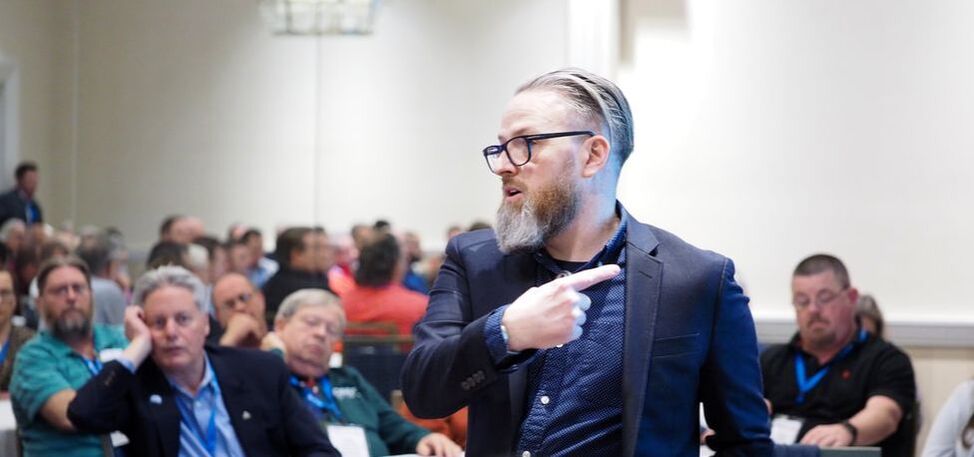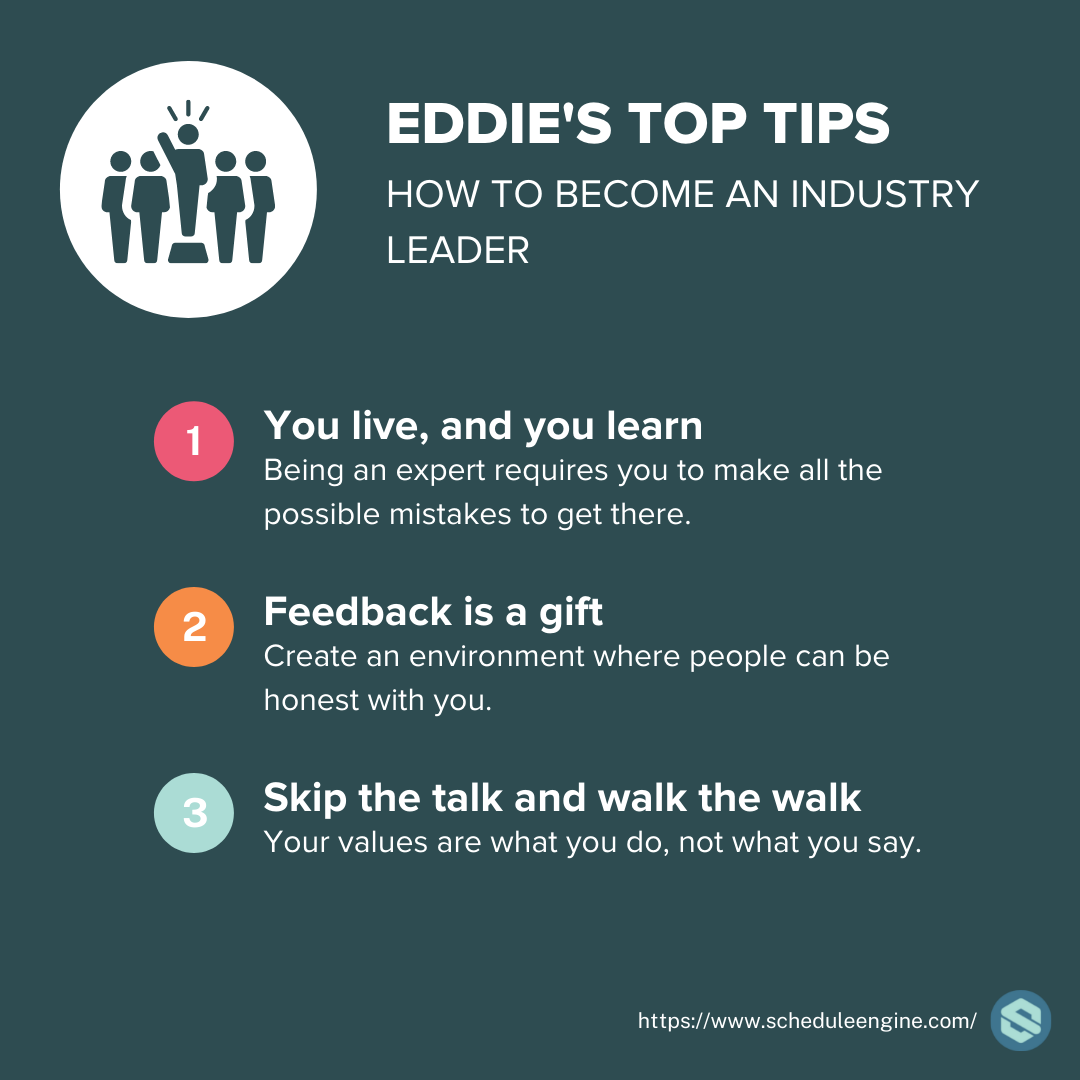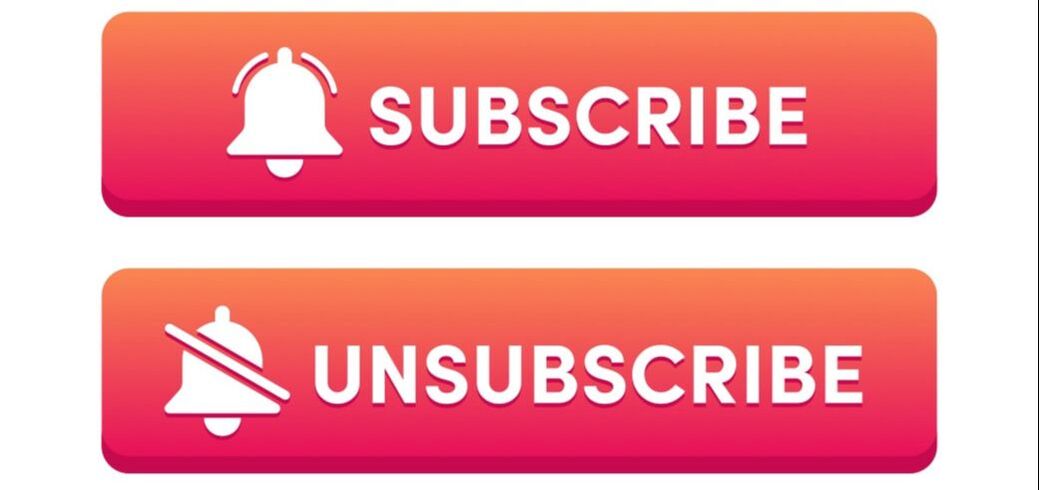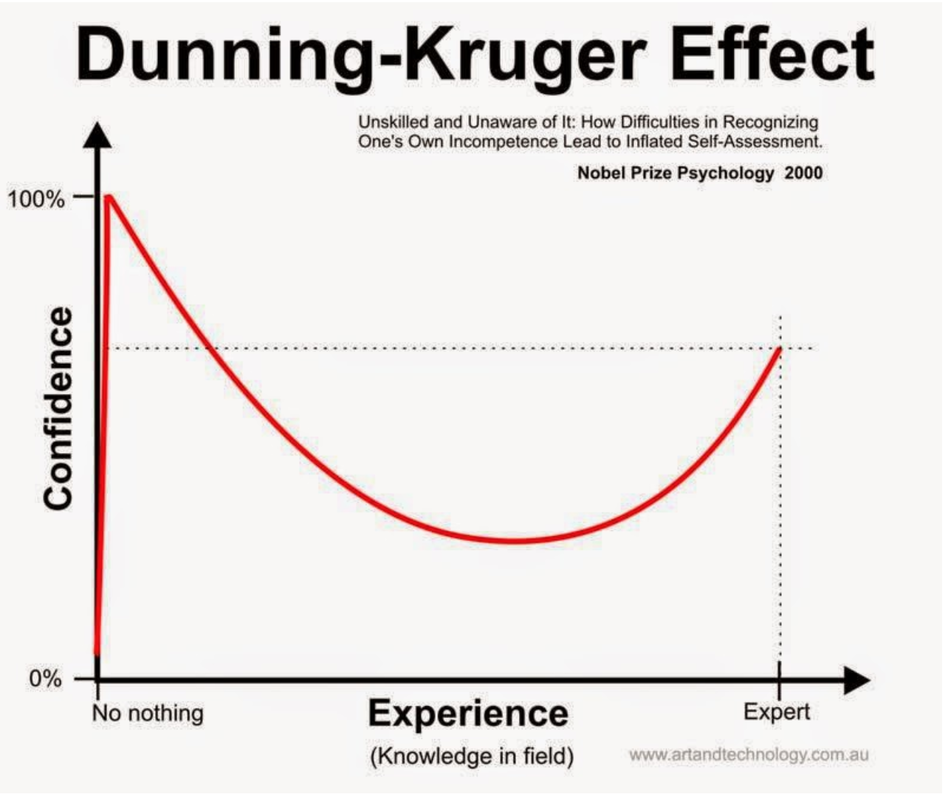|
Welcome to the digital jungle, where the attention economy reigns supreme and everyone's vying for a piece of your precious focus. This underground Economy is messing with our personal lives and families. Is it possible to be part of that economy without losing sight of what truly matters?
Understanding the Attention Economy: Picture this: social media, streaming services, and sneaky advertisers are all pulling out their tricks to grab your attention and keep you hooked. They're using algorithms, personalized content, and catchy clickbait to make sure you stay glued to your screens. Sure, it's convenient and entertaining, but at what price? It's not all social media and devices' fault. No, some of us have allowed work and even hobbies to intrude. And here is the thing that is critical to understand...It's not just you, it is your partner, it is your teammates and employees, and yes, even your customer. The Impact on Personal Life and Family: The attention economy isn't just messing with individuals; it's wreaking havoc on our personal lives and families too. You've probably felt it—a whole bunch of family members sitting together, but each one hypnotized by their own little glowing rectangle. It's time to break free from this digital spell! Some people even set up ground rules. Tech-free zones, you can set aside special moments for family activities where screens are banned. You'll be amazed at the stronger bonds and real connections that can form when you're not being pulled in a million different digital directions. Mindfulness I have struggled for years with wandering attention. One of the things that has worked, I have had to learn to set boundaries. You can reclaim your time and focus too. Designate specific periods for work, family time, and personal interactions, free from the temptation of digital and other distractions. Next up, it's time to curate your digital consumption. Be intentional about what you're feeding your brain. Unfollow accounts that don't bring you joy or inspiration, and avoid falling down the rabbit hole of mindless scrolling. It's not all about restrictions! Embrace those tech-free moments. Turn off those screens and engage in good old-fashioned face-to-face interaction. Play games, go on outings, and maybe even date night, or simply enjoy a meal together without the electronic devices and reminders of work stealing the show. I have had to exercise my mindfulness and practice what did not come naturally. meditation helped. Some simple apps and morning routines. Maybe you can find a spot to take a breather and engage in activities like meditation or journaling. Get in touch with yourself and tune out the external noise. It is possible to take charge of the attention game. By setting boundaries, curating your digital consumption, embracing tech-free moments, and practicing mindfulness, you can master the art of navigating the attention economy while keeping your personal life and family intact. It's time to break free from the digital spell and prioritize what truly matters—real connections and meaningful moments. You've got this!
0 Comments
Eddie McFarlane If you haven't visited the Toolshed, it's the place field technicians, service managers, and home service leaders go to sharpen their skills and build their careers. We got to sit down with Toolshed's very own Eddie McFarlane to gain insights into what it means to be a leader in the trades and beyond. With years of experience in different career roles under his belt, Eddie's got some tips and tools for you to add to your leadership toolkit. How to Be an Industry Leader So, what does it take to become an industry leader? Well, if the answer were simple, the discussion would run quite dry. But because leadership can adapt differently across business industries, there are several important elements and challenges to address, especially in home services. In the Toolshed episode, Winners Have a System, Eddie brings on CEO and President of Nexstar Network, Julian Scadden, to discuss what it takes to color outside the lines as a leader in the trades. Lead with Your Unique Skills Eddie and Julian explore the importance of leading with the skills and intelligence associated with your role. Whether you're a technician, service manager, or business owner in the trades, you can be a leader in any position as long as you hold true to your character and integrity. They describe integrity as embodying the consistent alignment of your own core values, thoughts, and beliefs and explain that: "It's not about who you are in front of people, but about who you are when nobody's looking." Remember to Reflect Before you sit back and ponder your core character values, remember it's not as simple as bringing pen to paper. Be patient with yourself and take time to develop your character by reflecting on your own experiences, highs and lows, and how these events may have shaped you morally. morals. Want to hear more from Eddie and Julian's discussion? Join the Toolshed Facebook group and tune into the Toolshed episode here! So now you may be asking yourself, where do I start? Eddie expands on what he and Julian consider the most challenging, yet equally important, leadership to manage: self-leadership. What is Self-leadership? Self-leadership is the ongoing practice of understanding who you are by identifying your core values and guiding yourself towards them. With that said, yes, you get to be the main character! However, keep in mind that self-leading requires patience and careful attention to how you carry yourself and your values. At the end of the day, perception is reality for many-- what people around you see is what they get. To help develop impactful self-leadership qualities, Eddie believes you are the average of the five people you spend the most time with. As such, it's important to surround yourself with graciously self-led individuals who can project their best leadership tendencies onto your own behavior. Self-leading requires putting in the effort behind the scenes and bringing it to the forefront of your roles and relationships, which brings us to the ideology of private and public victories. Private vs. Public Victories As an extension of self-leadership, Eddie and Julian ascribe to Dr. Stephen Covey's thoughts on public and private victories in your professional (and personal) life to distinguish and understand the difference between the two. Private victories precede public victories and consist of:
Diligently working with and on yourself to model your top values and impact the goals you and your teammates achieve in the long run. Appointed vs. Moral Leadership Depending on your role at work, you may have set expectations for leading, from managing newly onboarded employees to delegating workloads for entire teams. You're assigned these expectations, but how you carry them out from your own beliefs and values is what distinguishes you as a leader. This mindset can help you build genuine relationships with your colleagues to bring your business's public victories to new heights. You get to lead by example Eddie's Top Tips on How to Become a Leader Having worn many hats throughout his career, including the toque of a chef, Eddie acknowledges the incredible opportunities he's worked hard to achieve. But he understands the privilege he's been awarded and knows he'd be nowhere without the highly talented and kind individuals who have shaped him as a leader
Eddie truly has some wonderful insights into how you can become an industry leader. And while you'll learn to identify and model your own values, we thought we'd share Eddie's top four values that he lives by day in and day out:
Feel free to adapt any or all of these values as your own as you continue your journey in becoming an industry (self)leader. Overall, it starts and ends with self-leadership, keeping it consistent as you grow. For more industry insights, visit our blog! Want to learn more about leading in your industry? Lean on Eddie and Jerry on Toolshed for excellent discussions, insights, and tips. Check out Toolshed It's an uncertain time so we put this together for others to learn and share how we might navigate these times together.
As I was reading/listening to some of Daniel Ariely's great work I was reminded of something.
Everyone Works for Themselves Regardless of how much you pay someone or have bonuses and perks in place, everyone works for themselves. They may choose to collect a paycheck from you each week, but in a world of increasing options for our employees or teammates, it is worth remembering that they can do that in many places. And in fact, they will only do it with you, to the extent that they want to. Providing a "good" paycheck for your team is now just table stakes. Simple things like do they like and more importantly trust their manager or supervisor really matter. Things like acknowledgment and culture continue to top the list of why people stay at their job. If you have read all the books attended all the conferences and say all the right things but your actions don't back it up...you could be in trouble. If your actions make it seem that you believe all employees are interchangeable...you could be in trouble. If you still manage by command control...you could be in trouble. The way you speak to people matters. Of course, the secret that the great leaders have always known...these things have always mattered. Quick tip for the new year!
Ever get frustrated by the seemingly insurmountable amount of low relevancy emails you have acquired over the years? It all seems too much to combat? I have heard said, that your inbox is a "to-do" list anyone can add to. Given the way many of us work and manage our activities this is so true. We have been trained to have pavlovian responses to email, misunderstanding the difference between the urgent and the important. The time we blocked out on the calendar gets overridden by the all-powerful buzz on our phone or the ping of our laptop. The habit that is created and up wrecking our productivity, few of us learn the correct way to use email or even our calendars. Worse is we end up giving our email address or we get on lists and though we may not have planned to and our inbox becomes cluttered. We lose the signal because of all the noise. Compounding this for me the squirrel in my brain takes over and I waste 15 minutes on interesting but not always productive stuff. So what can you do? Each January for the last few years I just take a few seconds per email and instead of just deleting them I hit the unsubscribe button. By the end of the month, you will have made a huge difference to your inbox. This difference has a noticeable difference in how I work, my inbox and my productivity, After a few years I feel like I have gone through a digital cleanse. So there you go. Happy new year. I hope this year is your most productive yet. So, the ancients had a word "Sympatheia". Basically, it was all about how we should care for one another because of the interdependent nature of things. Ryan Holiday has a great breakdown about it here. But I was thinking about it this week because I was at a conference and surrounded by so many people that had truly connected the dots about how to do work that lasts. In most industries (and communities in general) there are a few individuals who take the time to move in an altruistic nature. Usually, they have achieved some measure of success and then take the time to pay it forward. If you want to know who they are here's how I spot them. They usually show up in a few ways. They are the teachers. They are the mentors. They are the community, association builders. They are the ones that always seem to have time to talk and share. They hold their knowledge in an open hand. Why do they do it? So, the truth I suppose is that it is different for all of them. But I heard one expression that makes sense... "What is good for the hive is good for the bee" Meaning, it does not matter how well they do individually if everything around them crumbles. So, if the industry suffers that means that we may face a shortage of qualified and good people...so the custodians do their bit to build up others knowing that the net effect is greater. Sort of like that saying that a rising tide lifts all boats. I suppose I am saying thank you to all the people out there that always try to bring more to the table than they take, the givers. Also, it leaves me with a question...Do you build up? Do you take time? PS extra points if you figured out that this also goes way beyond careers and industry :) You are not as smart as you think you are... Of course, neither am I. I have a fascination with cognitive issues. Fallacies and bias that we all have and lurk beneath our conscious thinking. I heard a stat the other day that stated that something 99% of our thinking is unconscious. This may or may not be surprising to you, and you may think that number is inflated, or you may think it should be higher. If I had my own way, I would probably spend the rest of my life digging into stuff like this, but here are my takeaways from that stat. If the % is that high, how many of us dig into what is really going on under the hood? If so much of our lives, relationships, and choices we make are determined by our decisions and thinking doesn’t it make sense that we should all maybe take a look at the drivers? I have written in the past about stuff like this. I talk about the default factory settings, check it out here. The quick version is this, if you are not putting an intention to something then you are choosing the default intention by the omission of effort. So, one of the most fascinating cognitive biases is the “Dunning-Kruger effect”. You may have heard of it or you may have heard of it by a different name, “Dummy curve” or even “Modern Jackass” Here is the quick Wiki introduction to it. Think about that! This is a “measurable deficit “in our ability to objectively evaluate our knowledge. What this can look like is when we start out in a new endeavor most of us can recognize the fact that maybe we don’t do much. So, when we start out if asked a question, we might not really feel like an expert, so we defer. We can often deflect by asking a question for example when asked does this come in brown, we say” I don’t know is that important to you?” From there the person we are chatting with can say yes or no either way you are in good shape. Compare that to how we respond after we have even just a little training or knowledge. We jump right into answering. “Oh yes it comes in deep Savanah brown, you will love it. It is number one on the brown charts” from there we can hear someone say, “That’s a pity, I hate brown”. Instead of truly trying to understand whom we are speaking with we subconsciously switch our focus to giving a great answer. It stops being about them and starts to become about us. We go from trying to help people to trying to impress them. The issue is that we can’t see what we are doing because we judge ourselves at better in our ability than we actually are. Bottom line is poor performers can’t tell that they are actually poor performers. After a while of being like this, we are less "successful". This is not an issue if you can honestly evaluate yourself and take corrective action. However, for many, the Dunning Kruger effect impedes this ability. It gets worse. Instead of improving ourselves we often start to blame others. This has a toxic effect. It can be slow and insidious. So how can we avoid this cognitive blindside? Start with the simple admission and mindset "I may need to listen to others on this” Being mindfully aware is very powerful. It is a beginner’s mind or the learner's mind. “It is impossible to learn what we think we already know” - Epictetus Another useful habit to keep this effect from leading you astray is data. We all have opinions. Lord knows we all probably have too many. A great filter to help with this is using data. Like, actual date. Not gut, not a hunch, but actual empirical data. This allows us to speak clearly and can help move our speed of decision making up. I could write more and maybe I will, but for know just start thinking about this subject. These are just a few of the tips you can use. But the biggest thing is probably just being aware of your ego and keeping it in check. You will be surprised by the impact on all your relationships. (bonus points for realizing this is more than just a work thing). After all, you may just not be as smart as you think you are :) |
Authorthese are just the thoughts of someone who used to know more but now knows less... This website uses marketing and tracking technologies. Opting out of this will opt you out of all cookies, except for those needed to run the website. Note that some products may not work as well without tracking cookies. Opt Out of CookiesCategoriesArchives
June 2023
I would love to hear from you on your thoughts and feedback... |











 RSS Feed
RSS Feed